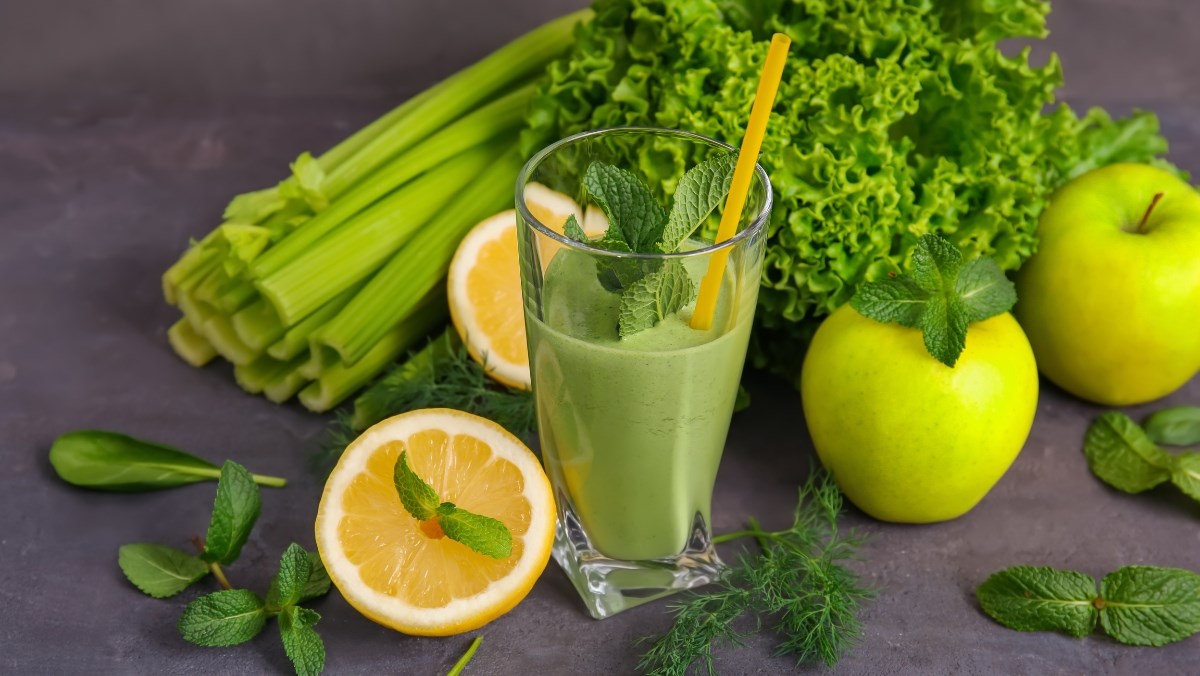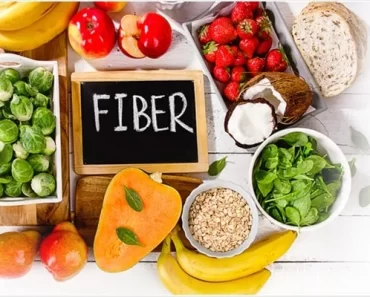Green vegetable juice has become increasingly popular as more people discover the numerous health benefits it offers. Made from nutrient-rich vegetables like kale, spinach, cucumber, celery, and parsley, green vegetable juice is a convenient way to boost your daily intake of vitamins and minerals. This article explores the health benefits of green vegetable juice and provides useful tips for incorporating it into your diet.
Nutrient Powerhouse
Green vegetable juice is packed with essential nutrients that support overall health. Some of the key nutrients found in green vegetables include:
Vitamins: Green vegetables are rich in vitamins A, C, E, and K. Vitamin A supports vision and immune function, while vitamin C is crucial for the growth and repair of tissues. Vitamin E acts as an antioxidant, protecting cells from damage, and vitamin K is important for blood clotting and bone health.
Minerals: Important minerals such as potassium, magnesium, and calcium are abundant in green vegetables. Potassium helps regulate fluid balance and supports nerve and muscle function. Magnesium plays a role in over 300 enzymatic reactions in the body, including energy production and protein synthesis. Calcium is essential for strong bones and teeth.
Antioxidants: Green vegetables contain a variety of antioxidants, including beta-carotene, lutein, and zeaxanthin, which help protect cells from oxidative stress and reduce the risk of chronic diseases.
Fiber: Although juicing removes most of the fiber, some soluble fiber remains, which can help maintain healthy blood sugar levels and support digestion.
Health Benefits
Detoxification: Green vegetable juice is known for its detoxifying properties. Chlorophyll, the green pigment in vegetables, helps cleanse the blood and liver by binding to toxins and aiding in their elimination from the body.
Improved Digestion: The enzymes found in green vegetable juice can enhance digestion and nutrient absorption. These enzymes help break down food more efficiently, reducing bloating and promoting a healthy gut.
Boosted Immunity: The high concentration of vitamins and antioxidants in green vegetable juice can strengthen the immune system. Vitamin C, in particular, boosts the production of white blood cells, which are essential for fighting infections.
Weight Management: Green vegetable juice is low in calories but high in nutrients, making it an excellent addition to a weight loss or maintenance plan. The juice can help keep you full and satisfied, reducing the likelihood of overeating.
Enhanced Energy Levels: The vitamins, minerals, and antioxidants in green vegetable juice can help increase energy levels and combat fatigue. The natural sugars in vegetables provide a quick energy boost, while the nutrients support sustained energy throughout the day.
Better Skin Health: The high vitamin and antioxidant content in green vegetable juice can improve skin health. Vitamin C promotes collagen production, which helps keep skin firm and youthful. Antioxidants protect the skin from damage caused by free radicals and UV radiation.
Reduced Inflammation: Chronic inflammation is linked to various health problems, including heart disease and arthritis. Green vegetable juice contains anti-inflammatory compounds that can help reduce inflammation and lower the risk of chronic diseases.
Heart Health: The potassium and magnesium in green vegetable juice support heart health by regulating blood pressure and improving blood vessel function. The antioxidants also help reduce oxidative stress, which can contribute to heart disease.

Tips for Making Green Vegetable Juice
Choose Fresh, Organic Vegetables: Opt for fresh, organic vegetables to maximize the nutrient content and avoid pesticide residues. Some good options include kale, spinach, cucumber, celery, parsley, and green apples.
Mix with Fruits: To improve the taste of green vegetable juice, mix in some fruits like apples, pears, or lemons. This will add natural sweetness and enhance the flavor without adding too many extra calories.
Balance the Flavors: Green vegetables can have a strong, sometimes bitter taste. Balance the flavors by adding a small amount of ginger or mint to the juice.
Drink Immediately: For the best nutritional value, drink green vegetable juice immediately after making it. Fresh juice can lose nutrients quickly when exposed to air and light.
Experiment with Combinations: Try different combinations of vegetables and fruits to keep your juice interesting and varied. This will also ensure you get a wide range of nutrients.
Start Slowly: If you’re new to green vegetable juice, start with small amounts and gradually increase your intake. This will allow your body to adjust to the high nutrient content and reduce the risk of digestive discomfort.
Incorporating Green Vegetable Juice into Your Diet
Morning Boost: Start your day with a glass of green vegetable juice to kickstart your metabolism and energy levels.
Pre-Workout Drink: Drink green vegetable juice before your workout to provide a natural energy boost and hydrate your body.
Healthy Snack: Replace unhealthy snacks with a glass of green vegetable juice to satisfy your hunger and keep you full between meals.
Meal Replacement: On busy days, use green vegetable juice as a quick and nutritious meal replacement.
Incorporate into Recipes: Add green vegetable juice to smoothies, soups, or salad dressings for an extra nutrient boost.
Green vegetable juice is a powerful way to enhance your diet and support overall health. With its impressive array of vitamins, minerals, antioxidants, and other beneficial compounds, it offers numerous health benefits, from improved digestion and detoxification to boosted immunity and better skin health. By incorporating green vegetable juice into your daily routine, you can take a significant step towards a healthier, more vibrant life. Whether you drink it in the morning, as a pre-workout boost, or as a healthy snack, green vegetable juice is a versatile and delicious addition to any diet.






